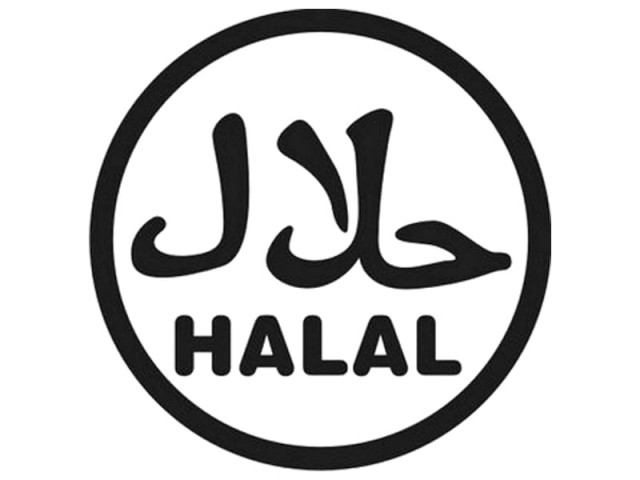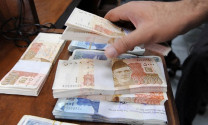Meaty rise seen in country’s Halal exports
Sector grew at 9.5% in fiscal 2014, experts project even further growth ahead

“I am confident that just the poultry segment among other meat types will touch an export figure of $2 billion within a few years,” said Abdul Basit, a leading poultry exporter.
Since 2003, Pakistan’s halal meat exports have grown at a compound annualised growth rate (CAGR) of 29.1%, growing from $14 million in 2003 to $230 million in fiscal 2014, according to data from the Pakistan Bureau of Statistics. Yet despite the astonishing growth, experts in the field believe that the sector is still underperforming.
“I am confident that just the poultry segment among other meat types will touch an export figure of $2 billion within a few years,” said Abdul Basit, a leading poultry exporter. “A little serious effort for this sector and meat export would soon become one of the leading sources of foreign exchange for Pakistan.”
That seems an ambitious target, especially when considering the fact that poultry exports from Pakistan amounted to just $13.4 million in 2013. The bulk of Pakistan’s meat exports are red meat, with beef taking up well over half of all exports.

In terms of markets, Saudi Arabia overtook the UAE as Pakistan’s largest export market in 2012. Nearly 88% of Pakistan’s exports go to the Gulf Arab countries, with the remainder going largely to Iran and Vietnam.
Like most new sectors, meat export is not without its challenges. While Pakistan has the eighth largest population of cattle in the world and among the top ten populations of goat and sheep, it faces a significant smuggling problem, with live animals being smuggled across the border into meat-starved Iran and Afghanistan. This creates supply issues for meat exporters, none of whom run their own cattle farms.
Another problem for a lot of exporters is the fact they very often deal with informal-sector buyers in the Gulf, who often do not use proper payment channels and buy on credit from the exporters. This results in very high working capital requirements. Some exporters appear to be under the illusion that the government should somehow help them out of the consequences of their own bad business strategy and manage their working capital for them.
Published in The Express Tribune, January 4th, 2015.
Like Business on Facebook, follow @TribuneBiz on Twitter to stay informed and join in the conversation.



















COMMENTS
Comments are moderated and generally will be posted if they are on-topic and not abusive.
For more information, please see our Comments FAQ